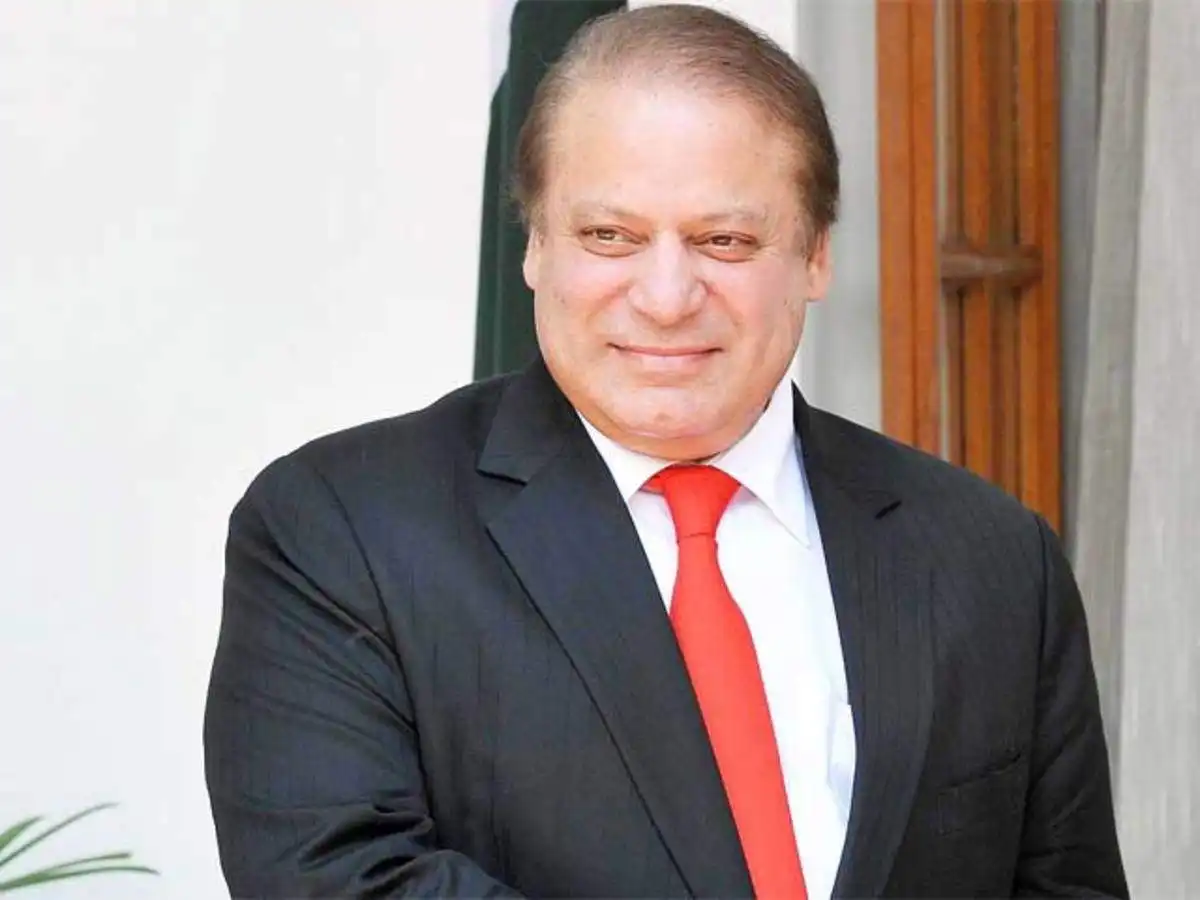

Pakistan gears up for former Prime Minister Nawaz Sharif's return to the country
Pakistan is gearing up for the return of its former Prime Minister and Pakistan Muslim League-Nawaz (PML-N) supremo Nawaz Sharif later during the week. Upon his return, he is set to immediately outline a framework to revive the country’s battered economy at a public rally slated to be held at the Iqbal Park in Lahore. However, sources said that it is to be seen if Sharif sticks to the economic recovery plans or prioritises other issues including the implications of the ongoing Israel-Hamas war.
“A lot has changed since Sharif left the country..the dynamics are different in Pakistan today, it is difficult to say what his political and economic vision would be. It is to be assessed in the coming days,” an industry watcher told India Narrative.
Amid the unprecedented economic crisis in Pakistan, Sharif’s son in law Captain Muhammad Safdar, who is also a member of the PML-N, has called for Muslim unity and asked the community to get ready for “jihad” against Israel and India. While invoking the Kashmir issue, he said that Pakistan’s nuclear weapon is for all Muslims.
“Pakistan’s atom bomb is not only for this country but for all Muslims,” he said.
Sanjeev Sanyal, Member, Economic Advisory Council to the Prime Minister, took to social media X to express concerns.
“This is not a threat we should take lightly. Whatever our economic success, we cannot ever again commit the mistakes of Prithviraj Chauhan,” Sanyal wrote on X.
Pakistan is facing an unprecedented economic crisis with high inflation, rising unemployment, energy shortage and dwindling foreign exchange reserves among others. Most importantly, its external debt levels have been steadily increasing. Pakistan’s total debt and liabilities increased 29 per cent to touch (Pakistani) Rs 56.21 trillion at the end of the previous financial year that closed on June 30.
While poverty levels have increased, the middle-class population has been thinning.
“Despite the economic problems, the leaders in Pakistan continue to divert public attention,” an analyst said.
Islamabad has refrained from resuming trade relations with India even as Pakistan’s business community has been repeatedly underlining the need to do so to revive the country’s sagging economy. A World Bank study undertaken in 2018 said that trade between India and Pakistan could go as high as $37 billion if the situation normalises. Trade between the two countries has been suspended since 2019.
Unlike Bangladesh, for Pakistan foreign policy has dictated its economy. An article in Pakistan based Dawn highlighted that Bangladesh, which turned out to be a poor cousin of Pakistan after the bitter 1971 war has emerged as a strong economy in the last five decades. Bangladesh Prime Minister Sheikh Hasina, the article noted, has successfully steered the country away from extremism and radicalism.
According to a blog published by the International Monetary Fund (IMF), mainstream political parties should prioritize the development of an economic charter that focuses on sustainable economic systems to alleviate fiscal deficits, empower the local business ecosystem, and break the cycle of the debt trap. “This requires implementing tax reforms to broaden the tax base instead of burdening existing taxpayers. It is also crucial to reduce unproductive expenses, irrational subsidies, and tax rebates while empowering local businesses by lowering business costs,” it said.
The question is: Will Pakistan be able to rise above politics and make the much needed course corrections?
As Islamabad sets the stage for Sharif to return, the former PM’s actions and words will be carefully scrutinized.
Also read: Pakistan’s crime rate soars as economic crisis decimates jobs
Speaking at the India Global Forum, Union Minister of Commerce and Industry, Piyush Goyal, says…
Amid the ongoing conflict with Iran, Israel's Foreign Ministry said on Thursday that Soroka Hospital…
India's foreign engagements have entered a new phase of dynamism and purpose, driven by its…
Over the last ten years, India’s global footprint has expanded thereby ensuring India’s voice resonates…
The Indian government has launched Operation Sindhu to evacuate Indian nationals from Iran in view…
Amid the evolving situation in West Asia, Indian and Israeli Defence officials spoke to each…